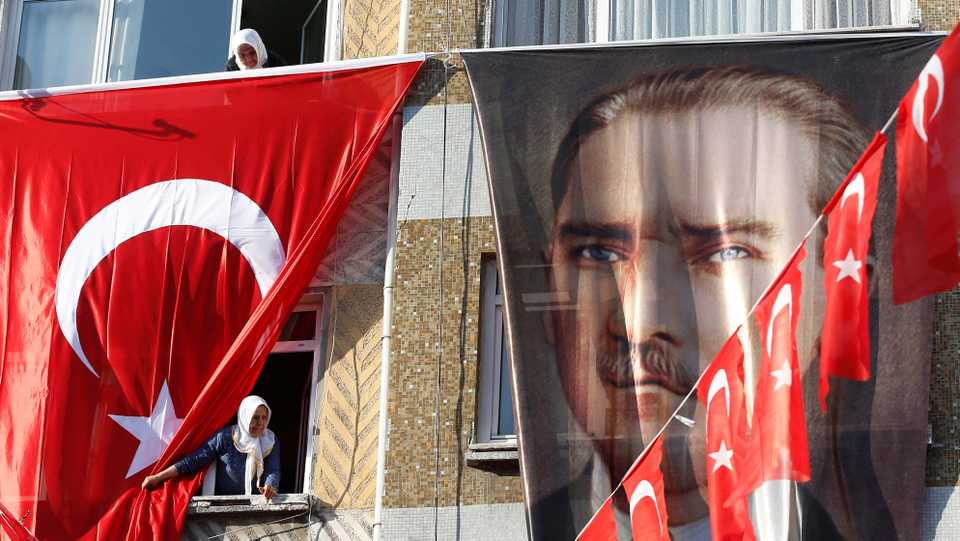
This explainer was prepared using research conducted by the TRT World Research Centre.
For more, read their Info Pack on Turkish local elections here.
Why are the local elections important?
Turkey’s local elections are slated for March 31 and the electoral event has always meant a lot for the country’s democratic set up. The exercise of electing mayors and municipal councillors started gaining major importance in 1963, due to the role it played in defining the winner of the following general elections. This approach is supported by the fact that “the winning party is usually the one that manages to gain power in the country,” according to Mahmoud Rantisi, an expert on Turkish politics.
In a study published by the Arab Center for Research and Policy Studies in Qatar, Rantisi explained that the Justice Party – not the current governing party – won the Istanbul local elections in the 1960s and lead the following general elections. That also happened with the Republican People’s Party in the 1970s, Motherland Party in the 1980s, Welfare Party in the 1990s, and eventually, the AK Party that maintained its dominance over the Istanbul municipality and has been the governing party for the past 17 years.
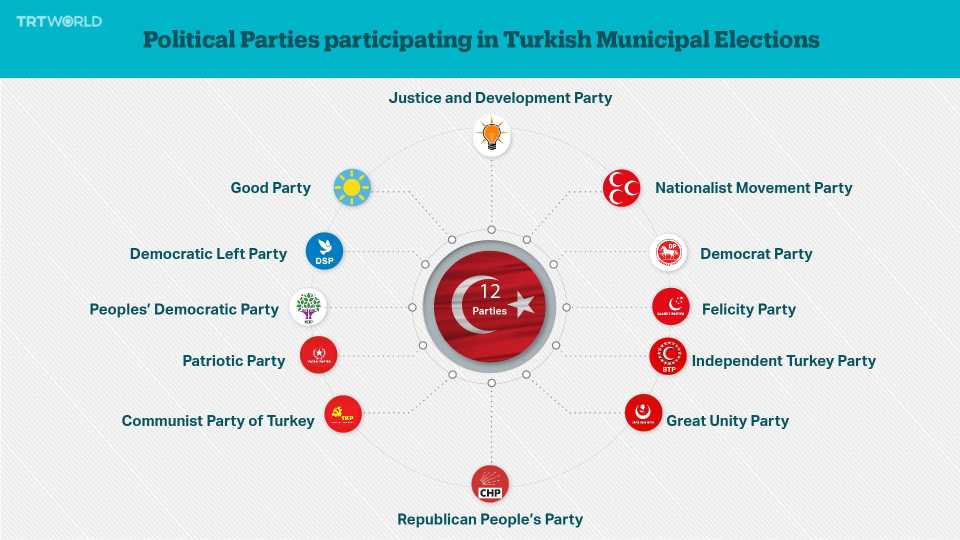
In this context, Burhan Koroglu, Dean of Graduate School and Head of Philosophy at Ibn Haldun University, emphasised that Turkey’s local elections gained importance from the powers it sustains and its various scopes of work, in addition to offering the parties an opportunity to improve their images in the public eye.
“Every good deed done by the parties in the local elections adds to their public credit, thus affects the political positions of the voters in the general elections,” Koroglu told TRT World.
Turkey is going through a sensitive regional and international situation, Koroglu said, and that pushes every party to cultivate support by focusing more on foreign policy-related issues rather than merely speaking about civic governance.
He also noted that the opposition parties exploit some of the crises that have hit Turkey in order to promote their political positions, as they did during the economic crisis that Turkey suffered in the summer of 2018.
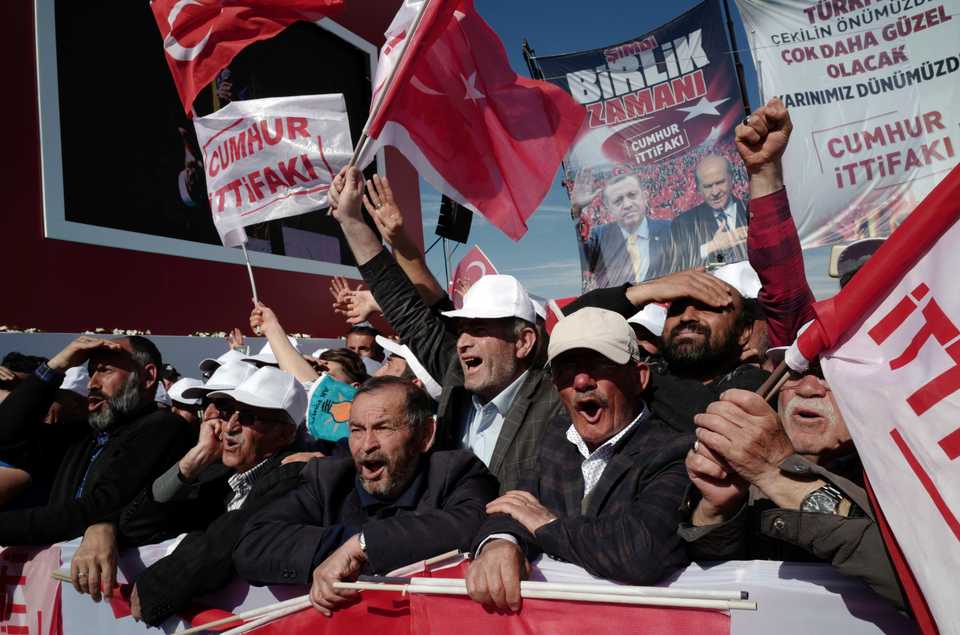
Electoral alliances
1. People’s Alliance
Led by both the AK Party and the MHP, and formed during the presidential and parliamentary elections held on June 24, 2018, the Great Unity Party (BBP) supports the alliance in the biggest municipalities and areas agreed upon by both parties.
2. Nation Alliance
This alliance is led by the CHP and Iyi Party. Contrary to these public alliances, Koroglu said: “[Some] secret coalitions were formed, such as the supporters of the Kurdish-affiliated Peoples’ Democratic Party who support the candidate of the opposing Republican People’s Party.” He assumes this will have a negative impact.
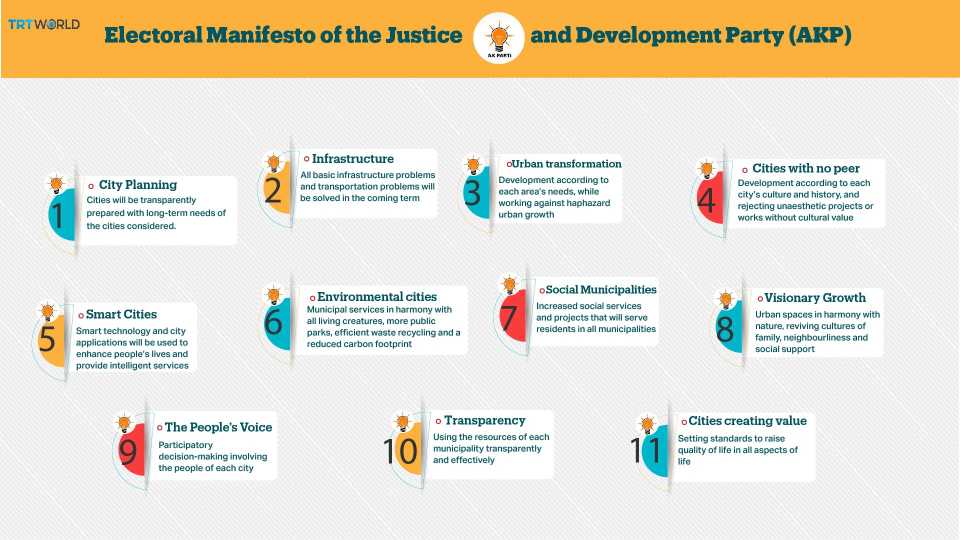
The electoral rhetoric
Unlike the rhetoric centred on citizen-related services, which is usually adopted by parties in local elections, the election fervour throw up a different pattern.
Said Elhaj, a researcher who specialises in Turkish affairs, attributes this phenomenon to a number of factors, notably the ongoing regional and international contexts in Turkey.
“The domestic financial crisis and confronting the PKK in Turkey and Syria are examples of the contexts that make the local elections in Turkey bear a certain political significance, and that’s why we find the electoral campaigns rich with the political rhetoric,” Elhaj told TRT World.
“Secondly, the partisan sphere in Turkey is very powerful, thus you rarely find independent candidates because the candidates usually represent their parties and not themselves. That is why all party leaders, including the Turkish President Recep Tayyip Erdogan, run the electoral campaigns for their parties even in local elections,” he added.
The stark political stances between the governing and the opposition-led parties overshadow the rhetoric of contesting candidates. For example, the People’s Alliance focuses on the idea of Turkey’s survival and resilience and the threats facing Turkey, thus increasing the significance of security in their rhetoric to capture the citizen’s interest. And that’s what Elhaj calls “securitising the rhetoric” in local elections.
Meanwhile, opposition parties tend to blame the government and the governing party in particular for the challenges facing Turkey, according to Elhaj.
However, he concluded that this political-security rhetoric adopted by the parties in local elections doesn’t collide with the presence of a service-oriented rhetoric adopted by the candidates of the AK Party in particular, as they focus on the achievements and completion of projects they initiated. On the other hand, candidates from the CHP’s and Iyi parties criticise these achievements and promise to correct and replace some of them.
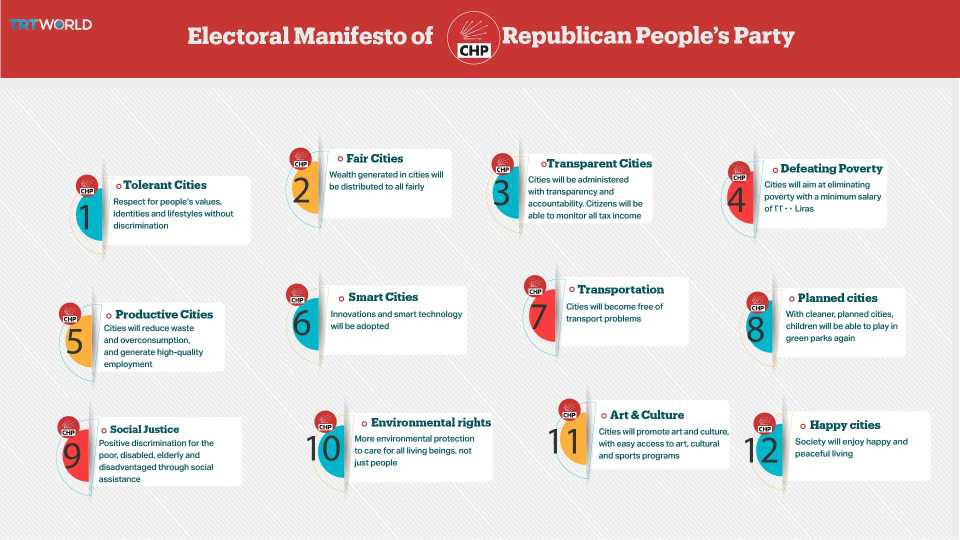
Post-elections scenario
Elhaj emphasised that it’s hard to confirm the results of the upcoming local elections. They differ from presidential and parliamentary elections because the votes of each region, city, governorate, and neighbourhood are counted separately.
However, Elhaj predicted: “Justice and Development Party (AK Party) will have a comfortable lead in Istanbul, as if Binali Yildirim has already sealed the race.” Meanwhile, the CHP dominates in its traditional stronghold of Izmir.
“Yet, the competition is going to be tight, acute and clear in Ankara,” said Elhaj.

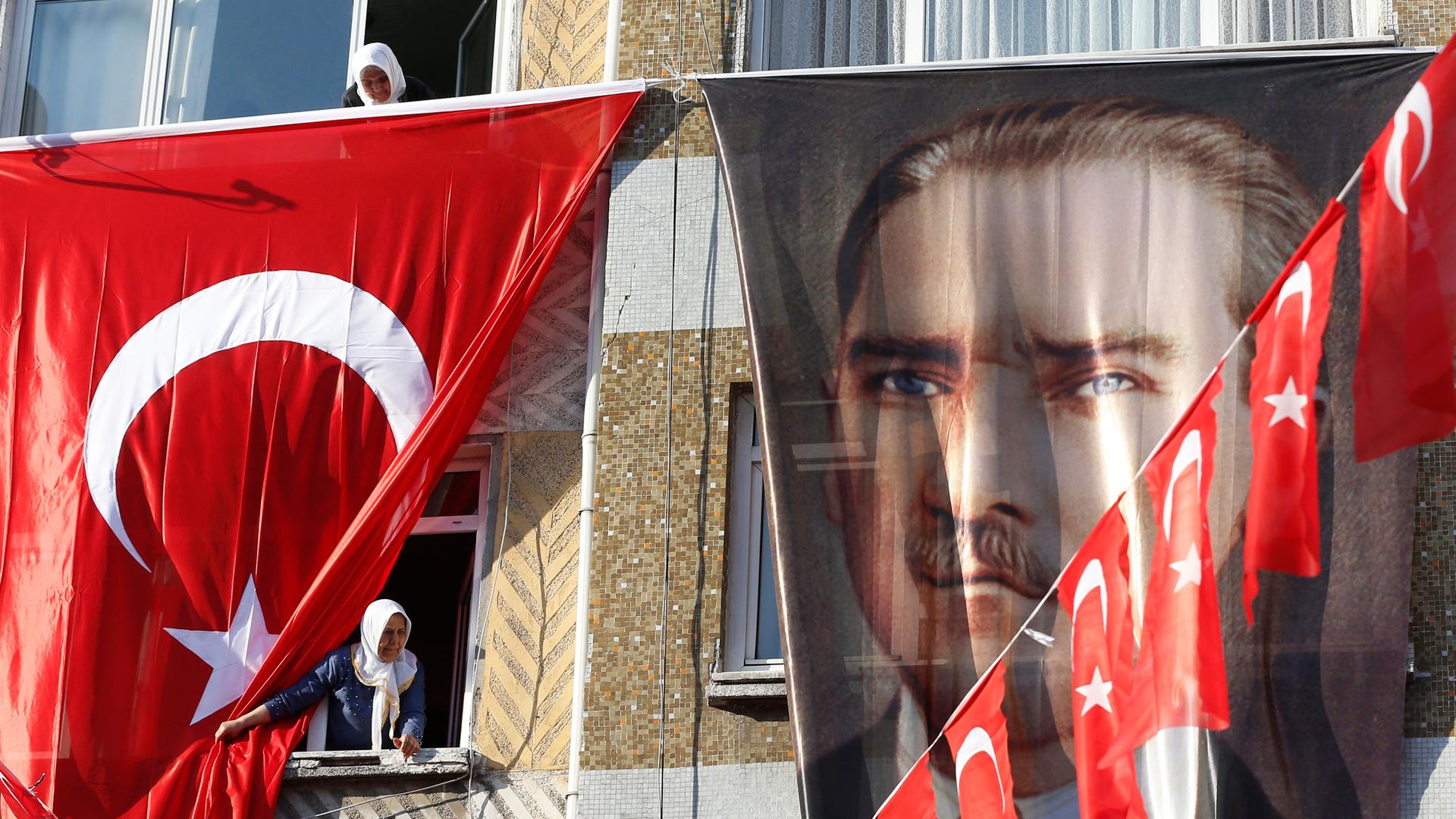








Discussion about this post